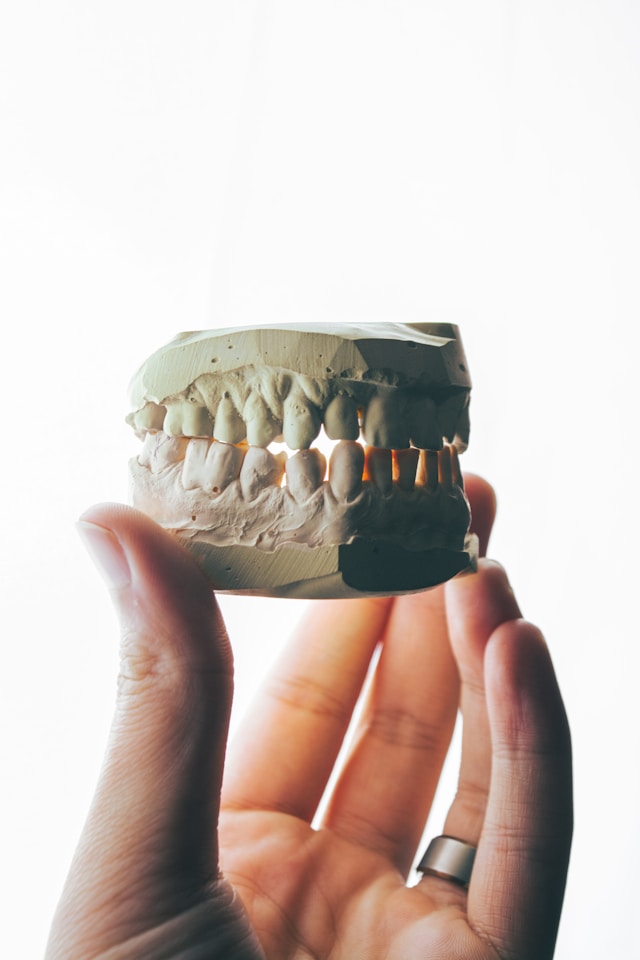Wisdom teeth, also known as the third molars, typically emerge in young adolescents between the ages of 17 and 21. Since they appear at an older age, the third molars have been dubbed wisdom teeth.
These special teeth aren’t always hurtful. When healthy, wisdom teeth can actually be helpful, with minor discomfort. If they are painful, that’s when your dentist may recommend a removal.
Why Remove Them?
Though some wisdom teeth come in just fine, many emerge from the gums at an angle, which is called “Impaction”. This could cause a variety of problems ranging from pain to the development of gum infections.
Other reasons for removal may include the following.
- Pain or Infection
- Damage to other teeth
- Not enough room for them to come in properly
- Rubbing against cheek causing ulcers

Common Symptoms of Infected Wisdom Teeth
Symptoms of infection may include the following.
- Pain and sensitivity
- Red, inflamed gums
- Swelling in the face
- Hard to open mouth and swallow
- & more
It’s important to keep an eye on these symptoms as your wisdom teeth emerge.
How to Treat Infected Wisdom Teeth
Though you can simply improve your oral hygiene, sometimes this may not fix the problem. Prescriptions for antibiotics and professional cleaning may also help, but removal of the teeth is sometimes the best option.
How does the Removal Process Work?
After taking X–Rays, patients are offered a general anesthetic or a local anesthetic. After an oral surgeon extracts the tooth or teeth, your jaw and gums may feel sore, and may bleed. However, know that the earlier wisdom teeth that may cause problems are taken out, the better.
Though this whole process may seem scary, we are here to help guide you every step of the way. Wisdom teeth occur in millions of people every year, and treating patient issues with the least pain possible is our ultimate goal as dentists.

